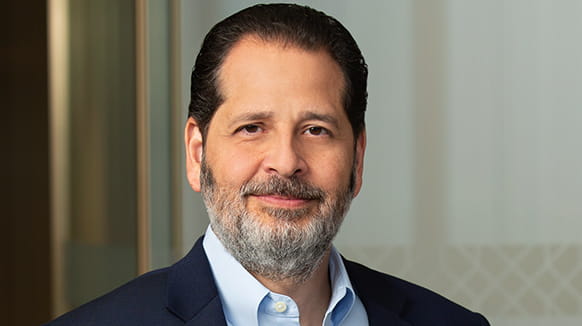On June 17, the Trump Administration announced a new policy on Cuba, partially reversing certain of the market-opening measures that had been adopted by the Obama Administration during its final two years. Some of the key changes captured in the policy memorandum include:
- The government will expand its “do not do business” list (formally referred to as the “Specially Designated Nationals” List) to include companies under the control of the Cuban military, such as the Grupo de Administracion Empresarial (“GAESA”). The U.S. Government will publish such a list of banned companies, and U.S. persons will be prohibited from having financial dealings with such companies, except where otherwise exempted in identified instances which are deemed to support the Cuban people (e.g., authorized travel, direct telecommunications and internet access and approved sales of agricultural commodities, medical equipment and medical products, etc.)
- The government will tighten the rules for individual licenses for travel to Cuba by the elimination of the opportunity to engage in individual, self-directed travel under the guise of such a visit being a people-to-people educational trip. Instead, all travel to Cuba under the people-to-people license category must be carried out on a licensed group tour.
- The Secretary of the Treasury will more regularly audit travel to Cuba to ensure compliance with U.S. law.
The process to adopt changes set out in the policy memorandum should be initiated within 30 days of the June 17 announcement.
The policy memorandum is also noteworthy in that it leaves in place various aspects of the Obama Administration policies. In particular, the new policy does not change current U.S. policy as to:
- The maintenance of a U.S. Embassy in Havana.
- The bilateral agreements covering air and maritime service between the United States and Cuba.
- The elimination of the “wet foot, dry foot” policy, which in its day encouraged Cuban immigration to the United States, a policy historically criticized by the Cuban Government.
- The sale of approved medicines and medical devices, items necessary for environmental protection of U.S. and international air quality, waters, and coast lines, including items related to renewable energy or energy efficiency, agricultural commodities, and telecommunication devices and services, among others.
- Other inter-governmental collaboration with the Cuban Government.
The Trump Administration also made clear via other published materials that it will not seek to reverse arrangements by U.S. businesses with banned Cuban entities if they had been entered into prior to the adoption of the new regulations. In addition, the Administration pointed out that that the policy changes will not take place until the respective agency has adopted implementing regulations.
For more information, please contact any of the members of the Haynes Boone Cuba Practice Group listed below.






